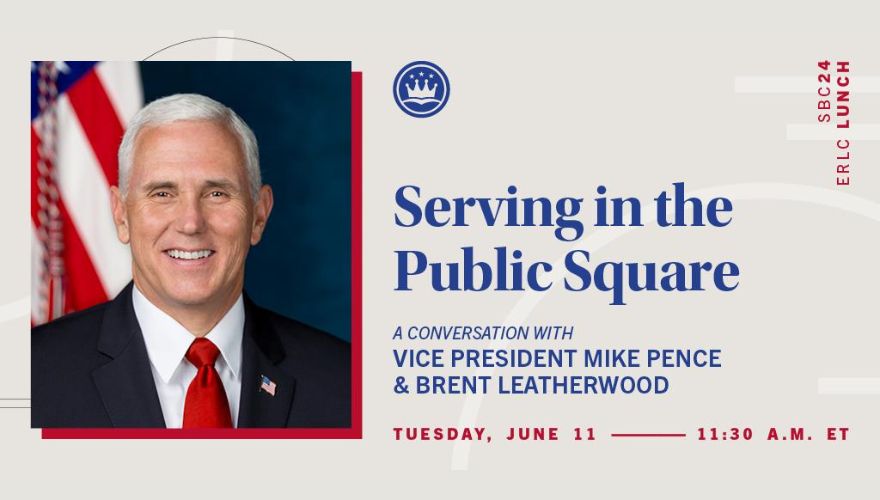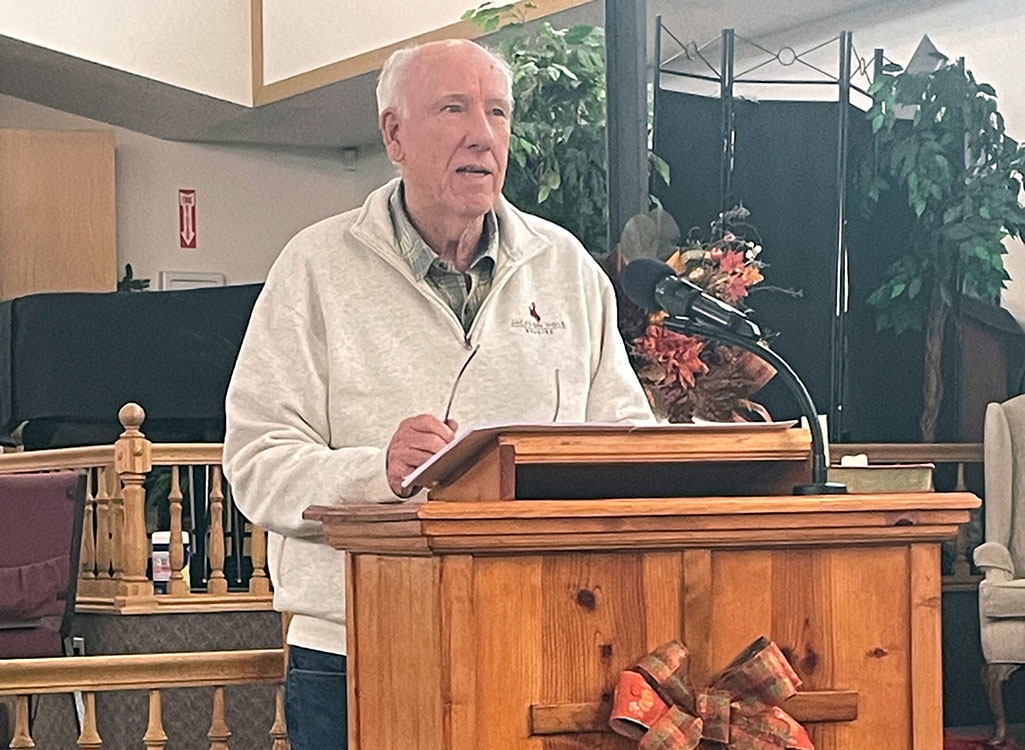
Southern Baptists have voiced objections to New York City Mayor Bill de Blasio‘s threat to close permanently the buildings of churches and other religious groups if they continue to gather for corporate worship.
In his March 27 press briefing, de Blasio said law enforcement officials have been instructed to warn congregational leaders when they discover worship services taking place in violation of the city’s restrictions on gatherings during the COVID-19 pandemic.
“They will inform them they need to stop the services and disperse,” the mayor said. “If that does not happen, they will take additional action up to the point of fines and potentially closing the building permanently.”
De Blasio’s warning drew expressions of concern from Baptists, who have been at the forefront of advocating for religious freedom since the founding of the country.
“For any leader to threaten to close a church permanently is a matter of great concern,” SBC Executive Committee President Ronnie Floyd said in a written statement. “The First Amendment states that there should be no law that prohibits the free exercise of religion, and constitutional protections are unchanged by current circumstances.
“While I would encourage churches to honor requests regarding public meetings in the attempt to slow the spread of COVID-19, this is an opportunity to show neighbor love rather than for the establishment of state authority over religious exercise,” Floyd said.
Bart Barber, pastor of First Baptist Church in Farmersville, Texas, and a frequent commentator on religious liberty, tweeted: “Dear @NYCMayor, these are trying times that can tempt any of us to rash action, but city mayors do not have the authority to suspend the First Amendment. Please clarify or correct your threat to close churches and synagogues permanently if they do not comply with your demands.”
Many Southern Baptist churches and other religious groups have canceled public worship gatherings in New York City and throughout the United States the last three Sundays in response to directives from government leaders and guidance from public health officials. Many churches are using online video platforms for worship.
Travis Wussow, general counsel and vice president for public policy of the Southern Baptist Ethics & Religious Liberty Commission, told Baptist Press, “The vast majority of churches are partnering with local authorities to stop the spread of the coronavirus. These churches are creatively continuing to minister to their communities even while in-person services are paused.
“At this moment, we need both elected officials thinking about why religion is essential and religious leaders thinking about the complexities of public health,” Wussow said in written comments. “We can avoid both overreach and paranoia by working together in common purpose – to love our neighbors and protect the vulnerable.”
In his briefing, de Blasio expressed gratitude to the leaders of the “vast majority” of congregations that have halted public gatherings for worship. A small number of “specific churches, specific synagogues” are not abiding by the city’s instructions, he said.
“So I want to say to all those who are preparing the potential of religious services this weekend: If you go to your synagogue, if you go to your church and attempt to hold services after having been told so often not to, our enforcement agents will have no choice but to shut down those services,” de Blasio said. “I don’t say that with any joy. It’s the last thing I would like to do because I understand how important people’s faiths are to them, and we need our faiths at this time of crisis. But we don’t need gatherings that will endanger people.”
Meanwhile, a pastor in Tampa, Fla., was arrested March 30 after his church held two worship services March 29 in its building despite a Hillsborough County order limiting gatherings to fewer than 10 people.
Rodney Howard-Browne, pastor of the River at Tampa Bay Church, was charged with “unlawful assembly and violating quarantine orders during a public health emergency,” the Tampa Bay Times reported. Howard-Browne became known in the 1990s, particularly among charismatics, for his part in “holy laughter” revivals.
Restrictions that are “generally applicable,” such as the one in Tampa, do not violate religious freedom, said R. Albert Mohler Jr., president of Southern Baptist Theological Seminary, on his podcast March 31.
“It is not directed to churches specifically or to religious assemblies; it simply includes religious assemblies with all other assemblies,” Mohler said, according to a transcript.
“If churches were to be singled out, it would be unconstitutional, and Christians should protest,” he said. “But as it stands right now, and as I have tried to argue comprehensively, theologically and biblically, Christians, given the commandments of love of God and love of neighbor, have ample justification right now to follow the orders, demands and requests of lawful government not to assemble, along with other assemblies not assembling, until it is safe for us to assemble once again.”
Liberty Counsel, which is representing Howard-Browne, said in a March 30 release that the church took extra precautions to protect those who gathered for the worship services. Mat Staver, founder of Liberty Counsel, said the Hillsborough County order on public gatherings has many commercial exemptions and “is not narrowly tailored to achieve its underlying objective.”
(EDITOR’S NOTE – Tom Strode is Washington bureau chief for Baptist Press.)


